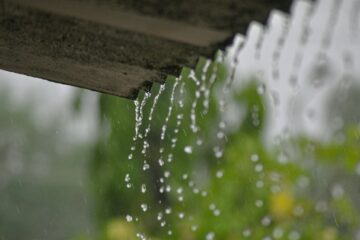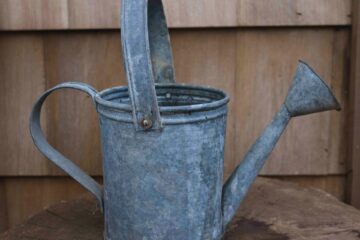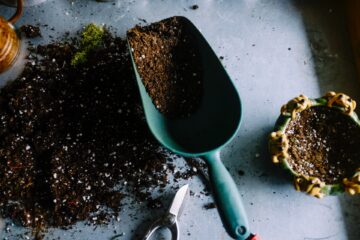I love summers. The warm sun, the fresh air, and the colourful blooms on my garden—it’s all so relaxing and peaceful. But after a few months of relaxation, my garden starts to look tired and overgrown. It’s time to get back to work! Here are some simple summer garden maintenance tips that will help you keep your lawn looking good while keeping you sane throughout the summer months:
Aerate the Soil
Aerating your garden is an important step for keeping it healthy, and it’s also one of the easiest things to do. Simply push a spade or fork through the ground in several locations around your garden bed and then this will loosen the soil. Just make sure not to disturb root structures or cause any damage when doing so.
Fertilise the Lawn
When it comes to fertilising, there are a few things you need to know. First and foremost, don’t skimp on the fertiliser! A little bit goes a long way when it comes to feeding your lawn. If you use too much, it can actually be harmful for the grass and cause burn marks where the fertiliser has been applied.
Secondly, make sure that whatever brand of fertiliser you choose is meant for use in summertime (you’ll see this on the packaging). Some brands may contain chemicals that aren’t recommended by gardeners during warmer months because they draw moisture from plants rather than giving them water naturally through rain or irrigation systems like sprinklers–and we all want our gardens looking their best! Finally: always read instructions carefully before applying any product so that everything goes smoothly without any mishaps along the way!
Water Early and Often
Early and often is the key to a stress-free summer. Watering early in the day is ideal, as it allows plants to dry out before nightfall. If you water at night, fungus can start growing on your plants which will make them look unhealthy and unattractive.
If you’re new at this whole gardening thing then don’t worry! Remember: it’s better to err on the side of too much than too little water for your plant’s health as well as yours!
Mow the Grass
Mowing the grass is one of the most important garden maintenance tasks to get right. If you mow at the wrong height or in an anti-clockwise direction, you could damage your lawn and make it less attractive.
To avoid problems:
- Mow regularly – no more than 1/3 of the height of your grass every time you cut it so that it doesn’t become too short or long. This will help prevent clumps forming in different parts of your garden which can be hard for people with mobility issues such as wheelchairs or walkers to navigate through easily!
- Don’t cut the lawn in the rain, this can churn up the ground and ruin the health of your lawn
- Make sure you increase the height of the blades if you cannot cut the lawn because of rain.
Remove Dead Plants and Weeds
- Remove dead plants and weeds. Dead plants and weeds can be harmful to your garden, so it’s important that you remove them before they start to affect other plants.
- Keep the lawn mowed (see above). Mowing the lawn is an essential part of summer maintenance, as it allows grasses to grow more quickly than if left uncut over time (and also makes them easier on bare feet). If you don’t have enough time in your schedule for regular mowing, consider hiring someone else who does!
- Make sure you deadhead your flowers, deadheading maximises your blooms
- Keep the garden free of debris: If there are any pieces of wood or rocks lying around after removing dead plants from your garden bed, pick them up with a rake or shovel and toss them into a pile for future disposal elsewhere (or just get rid of them now). You’ll thank yourself later when those little pieces don’t end up causing damage down below when you’re trying not only keep things looking good but also make sure everything stays functional at all times throughout summertime months ahead!
Summer Garden Maintenance Tips Takeaway:
It’s the perfect time to get your garden ready for summer. The warm weather, longer days and colourful plants make this season a joyous one! Here are some tips on how you can prepare your garden for a stress-free season:
- Start planting early in spring so that your flowers are well established by summertime.
- Prune back any overgrown bushes or shrubs before they start getting too tall and thick in order to allow light into your garden beds. This will also help prevent diseases from spreading through the plants’ leaves as well as encourage new growth at their base (which means more flowers!).
We hope that these tips can help you in your gardening endeavours. We know that taking care of a garden can be stressful, but we also know that it’s worth it! The beauty and joy that comes from growing your own food is immeasurable. So take a deep breath, relax and enjoy the summertime with these summer garden maintenance tips!


